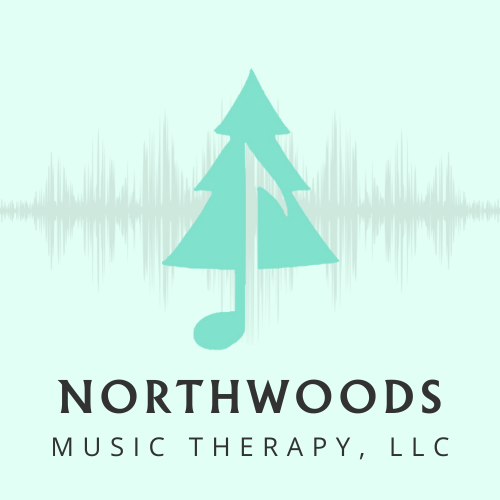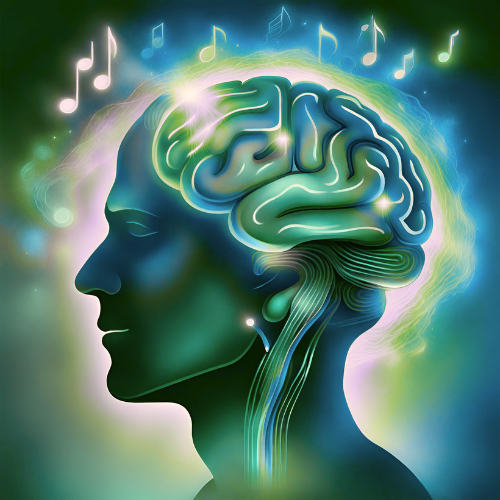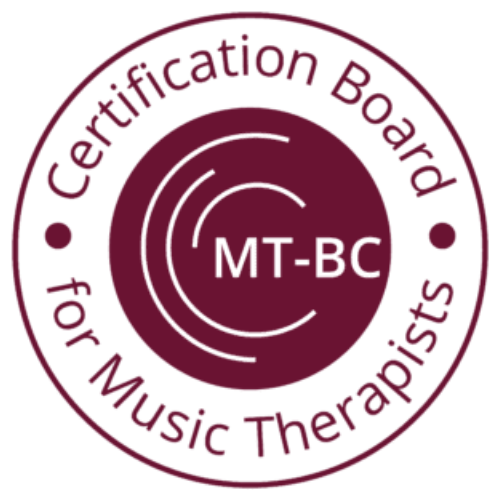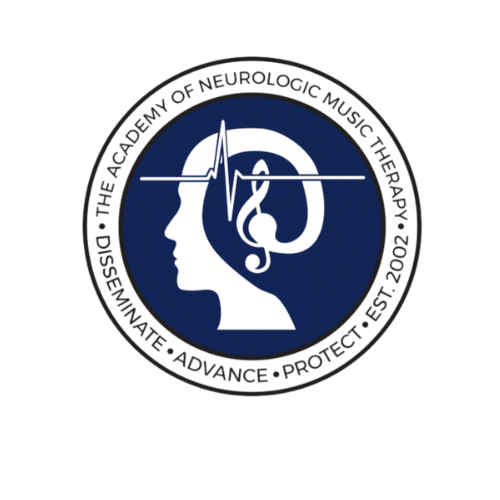What is Music Therapy?
“Music Therapy is the clinical and evidence-based use of music interventions to accomplish individualized goals within a therapeutic relationship by a credentialed professional who has completed an approved music therapy program.”
(American Music Therapy Association definition, 2005)
A professional music therapist uses music to address physical, emotional, cognitive, and social needs of individuals. The therapist will complete an assessment of the client’s strengths and needs and then develop a treatment plan tailored specifically for them. Sessions may involve creating, singing, moving to, and/or listening to music. The goal is always for successful results to carryover into areas outside of the session, and for the client to generalize learned skills into daily living.
For example:
Mary may be hoping to improve her balance after having a stroke.
Jim’s family might be looking for ways to help him remember his family member’s names after a diagnosis of Alzheimer’s Dementia.
Emma, who was told by her doctor that she is Autistic, may be working on being able to communicate her needs to her teacher in a safe way instead of hitting others.
A board-certified music therapist holds a bachelor's degree or higher in music therapy from an AMTA-approved college/university program. The curriculum focuses on: musical foundations, clinical foundations and music therapy principles as specified in the AMTA Professional Competencies. In addition to the academic coursework, the bachelor's degree requires 1200 hours of clinical training, including a supervised internship prior to taking the board certification examination. Graduate degrees in music therapy focus on advanced clinical practice and research.
“At Northwoods Music Therapy, our goal is to thoughtfully design each session to meet your needs. We’d like to show you how music is MUCH more than entertainment. ”




